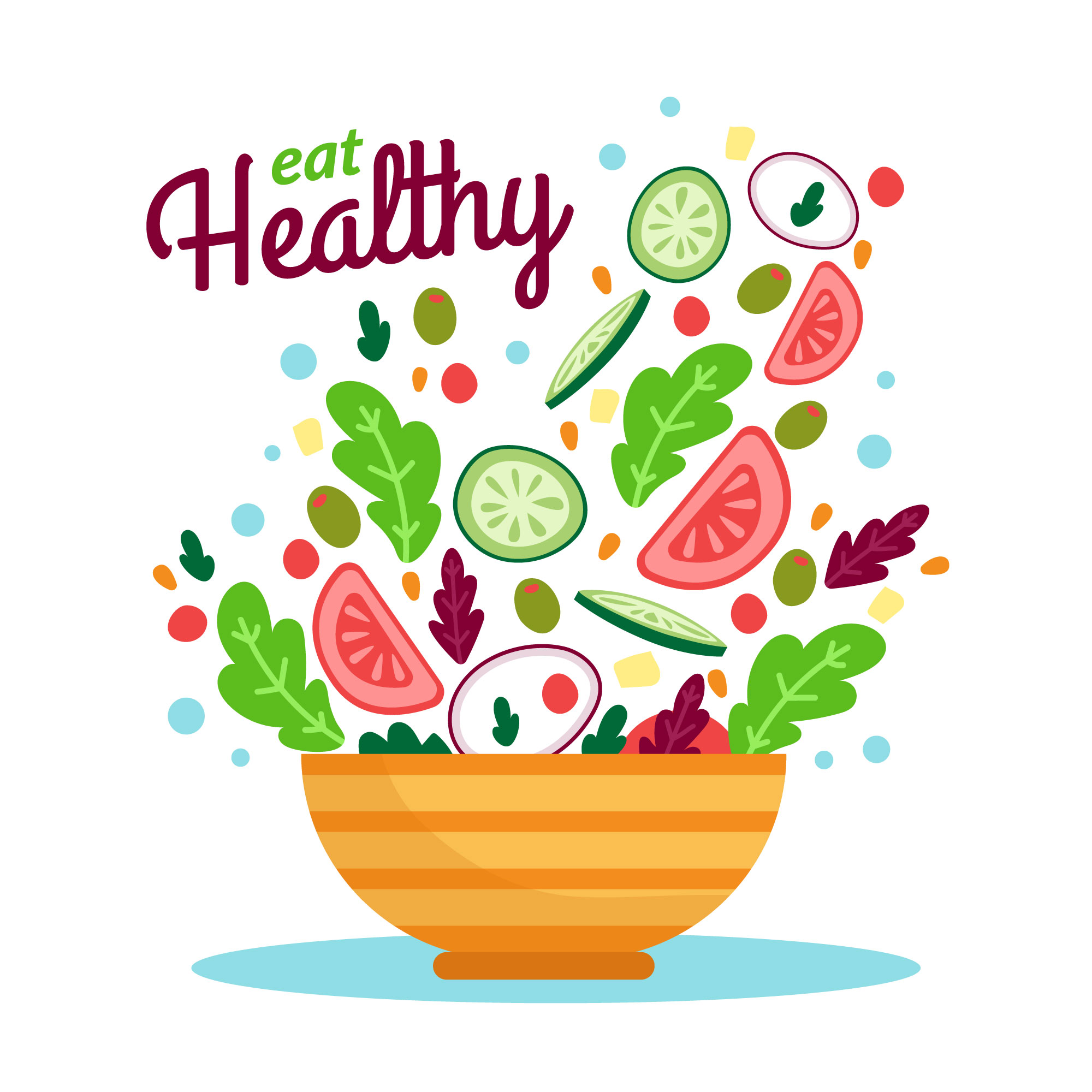Health Boosters: The Superfoods Guide

For better health, "superfoods" have gained vast popularity today. Interestingly, in ancient times, Indian superfoods were a common part of daily life due to their nutrient-rich and health-boosting properties. But what exactly are these superfoods, and how can we include them in our daily diets for maximum benefit?
What is a Superfood?
A "superfood” is a nutrient-dense food enriched with essential vitamins, minerals, antioxidants, healthy fats, and other beneficial compounds that support overall health. These foods can improve energy levels, boost immunity, and contribute to better overall well-being. While superfoods don’t perform miracles on their own, when incorporated into a balanced diet, they can significantly enhance health. Let’s explore some Indian superfoods that are easy to include in your diet:
List of Superfoods:
Seeds:
Basil seeds: High in fibre and loaded with omega-3s, basil seeds support metabolic health and provide essential micronutrients.
Chia seeds: These are excellent sources of fibre and omega-3 fats, providing numerous essential nutrients.
Flaxseeds: Rich in fibre and omega-3 fats, particularly alpha-linolenic acid (ALA), which supports heart health.
Pumpkin seeds: Packed with phosphorus, monounsaturated fats, and omega-6 fats, pumpkin seeds promote bone and heart health.
- Sesame seeds: Rich in fibre, protein, omega-6, and oleic acid, sesame seeds help improve skin and heart health.
Herbs:
Turmeric: Known for its anti-viral, anti-bacterial, and anti-fungal properties, turmeric boosts immunity and reduces inflammation.
Cinnamon: Aids digestion, promotes healthy blood circulation, and helps detoxify the body.
Moringa: Rich in phytochemicals and vitamins, moringa contains flavonoids and alkaloids that support overall health.
Ginger: A potent anti-inflammatory herb that helps reduce gas, bloating, and stimulates appetite.
Tulsi: Offers stress relief, improved digestion, and supports respiratory and skin health.
- Fenugreek: A good source of fibre, iron, and magnesium, fenugreek helps regulate blood sugar and supports digestion.
Dry Fruits & Nuts:
Fox nuts (Makhana): High in B vitamins, protein, and fibre, making them a nutritious superfood.
Walnuts: Loaded with omega-3 fatty acids and antioxidants, walnuts support brain and heart health.
Almonds: Rich in magnesium, vitamin E, and fibre, almonds promote bone and heart health.
Pistachios: Contain high levels of potassium, magnesium, and vitamins like A, E, C, and B, supporting overall health.
Dates: Rich in antioxidants that protect against diseases related to oxidative stress like cancer, diabetes, and heart disease.
Figs: Packed with essential minerals like iron, potassium, and calcium, and vitamins A, B1, and B2.
- Cashews: A good source of protein and minerals like copper, magnesium, and zinc, supporting overall health.
Whole Grains:
Bajra: Rich in calcium, protein, iron, and magnesium, bajra is also high in fibre, beneficial for diabetes management.
Jowar (Sorghum): A gluten-free grain, rich in protein, phosphorus, and magnesium, that promotes heart health and boosts immunity.
Ragi (Finger Millet): A great source of iron, which aids in weight loss, promotes bone health, and helps lower blood pressure.
Buckwheat: High in protein and fibre, buckwheat supports heart health, weight management, and diabetes control.
- Barley: Rich in fibre, vitamins, and minerals, barley improves heart health and supports digestion.
Green Leafy Vegetables:
Spinach: Rich in iron, vitamin C, potassium, and magnesium, spinach supports immune function and digestion.
Fenugreek leaves: Full of potassium, phosphorus, magnesium, and calcium, they are great for bone and heart health.
Mustard leaves: High in vitamin C, flavonoids, and beta-carotene, promoting skin and immune health.
Drumstick leaves (Moringa): An excellent source of vitamins, fibre, and protein that enhance energy and bone health.
Beetroot: High in nitrates, beetroot supports cardiovascular health and protects cells from damage.
- Amaranth leaves: Loaded with vitamins A, C, K, and folate, which boost immunity and promote healthy vision.
Fruits:
Berries: High in antioxidants, berries improve brain function, memory, and alertness.
Papaya: Rich in vitamin A, it aids digestion and promotes skin health.
Pomegranate: Packed with antioxidants and anti-inflammatory properties, pomegranate boosts immunity.
Apples: High in fibre, vitamins, and minerals, apples are hydrating and support digestive health.
Bananas: Rich in fibre, potassium, and vitamins C and B6, bananas support heart health and mood regulation.
Avocados: Full of fibre and loaded with vitamins and minerals, avocados support heart and digestive health.
Amla: High in vitamin C and antioxidants, amla boosts immunity and improves skin and hair health.
- Kiwi: Low in calories and high in vitamin C, kiwis strengthen the immune system and aid digestion.
Other Superfoods:
Chickpeas: Low in saturated fat, chickpeas are a great source of fibre, protein, folate, and iron.
Curd: Rich in probiotics, curd supports gut health, hydration, and skin health.
Sattu: Enrich with protein, magnesium and iron that strengthens the immune system.
Triphala: A combination of Haritaki, Bibhitaki, and Amalaki, triphala is loaded with antioxidants and vitamins.
Ghee: Contains healthy fats, vitamins, and antioxidants that promote gut health.
- Coconut: Whether fresh or dry, coconut is packed with vitamins B, C, E, healthy fats, and fibre.
These superfoods can be easily incorporated into smoothies, teas, or regular meals. Herbs can also be used in food recipes or consumed as teas or kadhas.
Conclusion:
This blog explores Indian superfoods, rich in health benefits that were a part of ancient traditions. Reducing junk and processed food while adding nutrient-rich superfoods to your diet can significantly improve health.
Remember, while these foods are nutrient-dense, they should be consumed in moderation as part of a balanced diet. Consult with a healthcare professional or registered dietitian for personalized advice on incorporating superfoods into your lifestyle. By making healthy choices and prioritizing nutrition, you can take a proactive approach to achieving optimal well-being.
Prioritize Your Health, Protect Your Future
In addition to focusing on a healthy lifestyle, it's crucial to prepare for unexpected events. Health insurance provides financial security and access to quality healthcare, empowering you to take a proactive approach to your well-being through wellness programs.
Disclaimer:
This blog is for general informational purposes, encouraging a healthy lifestyle. For personalized nutritional advice, consult a professional or nutritionist. For health insurance or financial decisions, consult your insurance and legal advisors.


